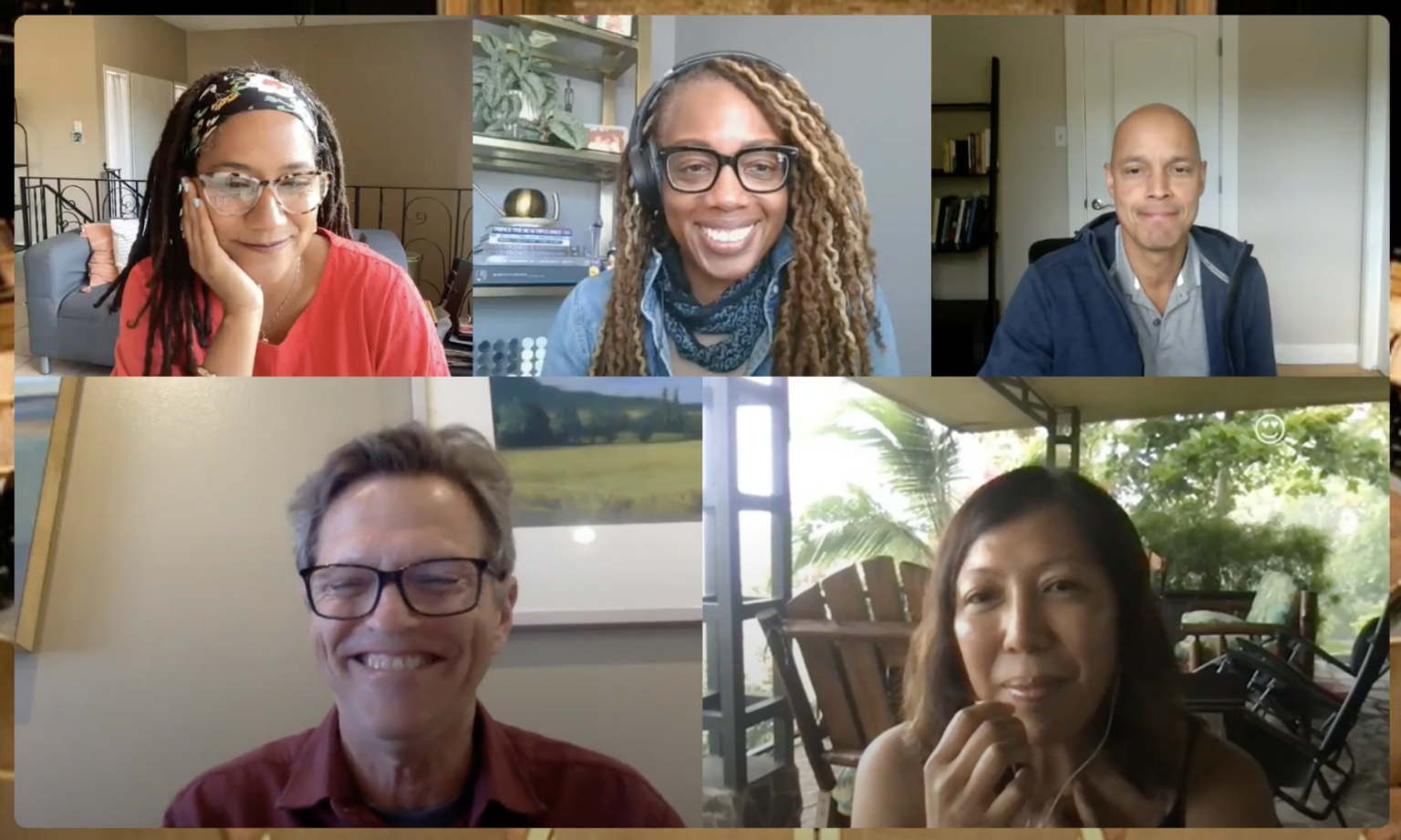
(Re) Centering love for people in philanthropy
Jamie Allison is Executive Director of the Walter & Elise Haas Fund and has served on the board of trustees of The Whitman Institute since 2014.
I have worked in philanthropy for two decades and have been honored to lead the Walter & Elise Haas Fund (W&EHF) for just over four years. For over eight years, I have also had the honor of serving on the board of trustees for The Whitman Institute (TWI). TWI has had an enormous impact on the philanthropic field, despite being a comparatively small foundation. And they’ve had a great impact on me, too.
As TWI spends out and closes its doors this June, I’m called to reflect on that impact and share some of the specific ways it has shaped my leadership approach and the future of the Walter & Elise Haas Fund.
As one of the founding groups behind The Trust-Based Philanthropy Project, TWI long approached philanthropy differently than the mainstream. Since the beginning, they’ve emphasized that the how is as important as the what. All the while, most traditional or legacy foundations were typically organized around the ‘what’ – the issue areas and grants.
TWI was the first and only place where I was steeped in a culture and environment that emphasized that relationships and funding practices are equally, if not more important than the issues. As a sector, we in philanthropy don’t have a lot of things we have to do – we aren’t heavily regulated, and we create our own rules – both the rules that constrain our partners and the rules that empower and bolster them. TWI has always been resistant to follow the established rules – instead, they’ve asked “why do we have to do that? And why would we?”
If you look closely, you can see TWI’s influence in how the W&EHF is approaching its work.
Putting love back into philanthropy
If the how of philanthropy is just as important as the what, then W&EHF reasons that we will approach our grantmaking with love – just as the Greek meaning of the word philanthropy -“for the love of mankind”- encourages us to do so. Putting love into our work both honors W&EHF’s legacy as a responsive 70-year-old family foundation and recognizes that we must embrace all the qualities of life that make us human. Putting love back into philanthropy means thinking in expansive ways about who we are and how we can address today’s challenges in innovative ways. It means we stop forcing things into the boxes and norms that have guided us in the past when they no longer serve us. It means prioritizing the relational aspects of philanthropy rather than the transactional ones.
For the W&EHF, this manifests and continues to show up in a variety of ways. We encourage people within and outside our organization to ask bold and difficult questions. We share our dreams and hopes for the future, because explicitly naming them helps us live into them. We invite people outside our familiar philanthropy circle to come in, share their ideas with us, and help us see our blind spots.
One of the biggest ways this is showing up right now is in a top-to-bottom reexamination of our grantmaking structure. We’re exploring how making funding decisions within siloed program areas has limited our potential to be adaptive and intersectional. We don’t live our lives in siloed ways, so why do we operate in siloes? We’re excited to be looking for natural and unexpected synergies and forging new collaborations as we resource our partners so we can all win.
Discomfort is generative
As someone who has had a long career in traditional philanthropy, these changes have been at times a shock to my system. Sometimes, I have to work hard to get my mind to open up to the possibility of new ways of doing things. The Whitman Institute has helped open my eyes, and even as they spend out this summer and close forever, their work continues through the Trust-Based Philanthropy Project, which has already created waves of positive change throughout our sector.
Moving toward equity, justice, and community actualization requires that we in philanthropy are willing to break the rules, get uncomfortable, and let go of our bureaucracy. The Walter & Elise Haas Fund is on that journey, and hope you’ll join us.